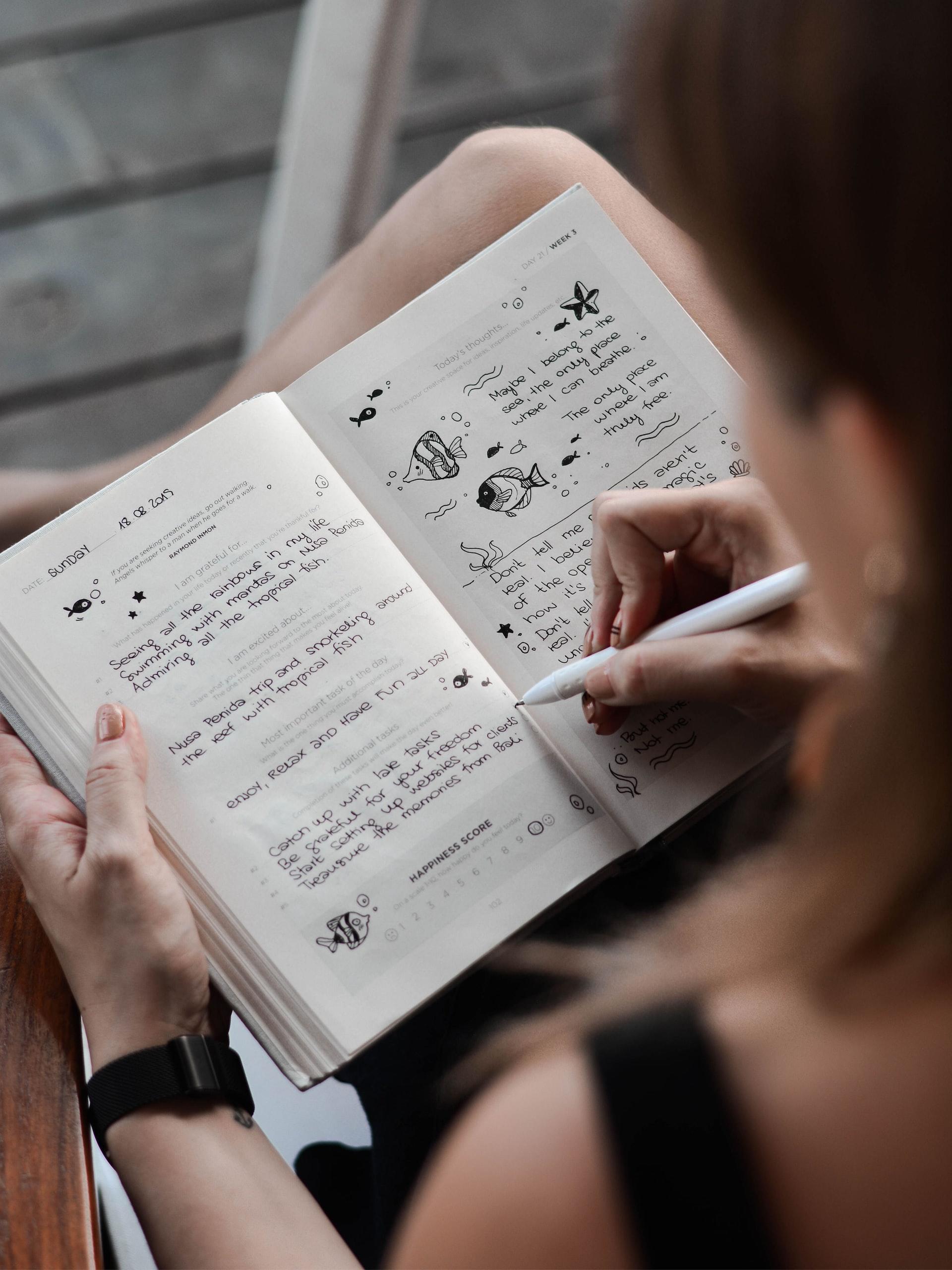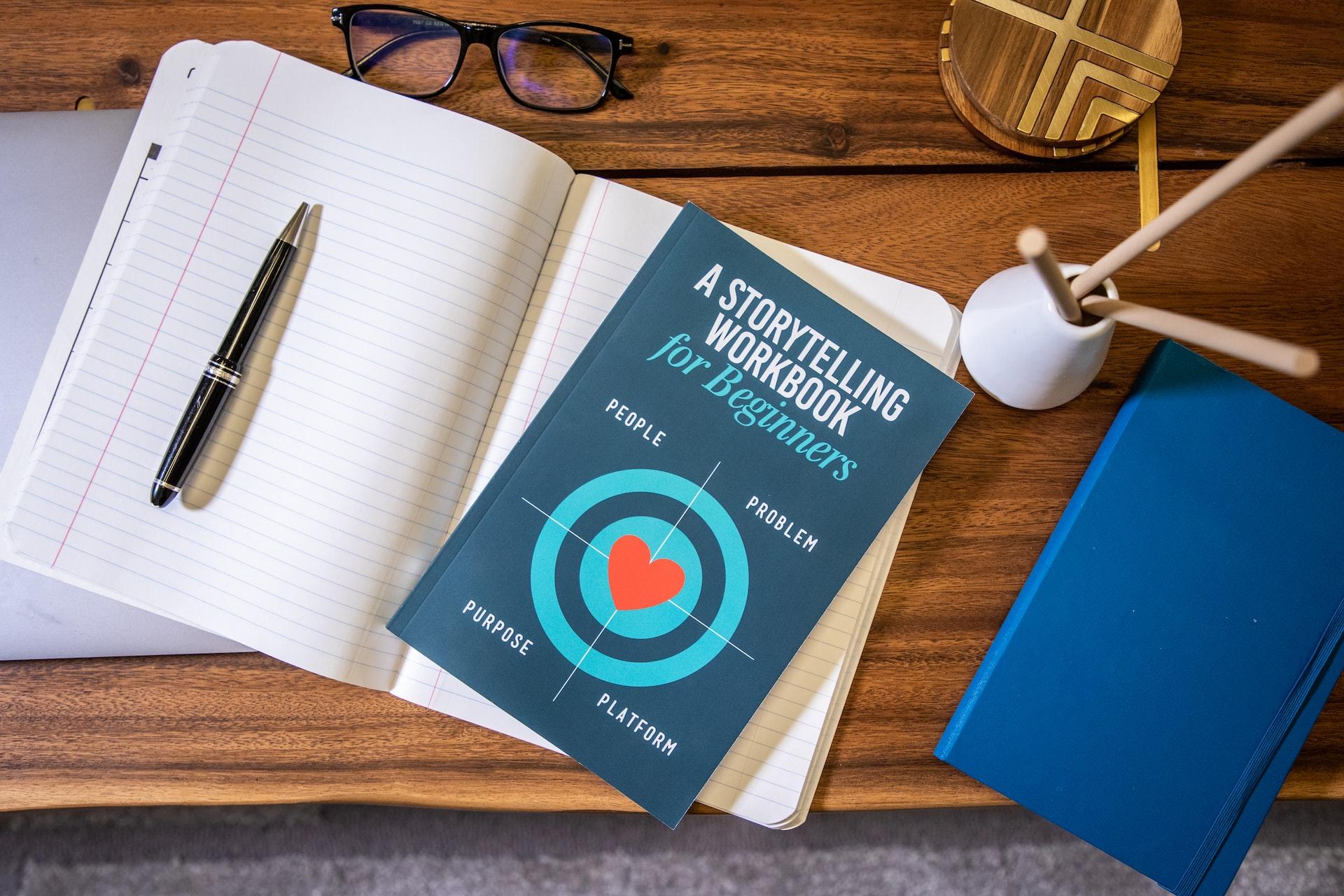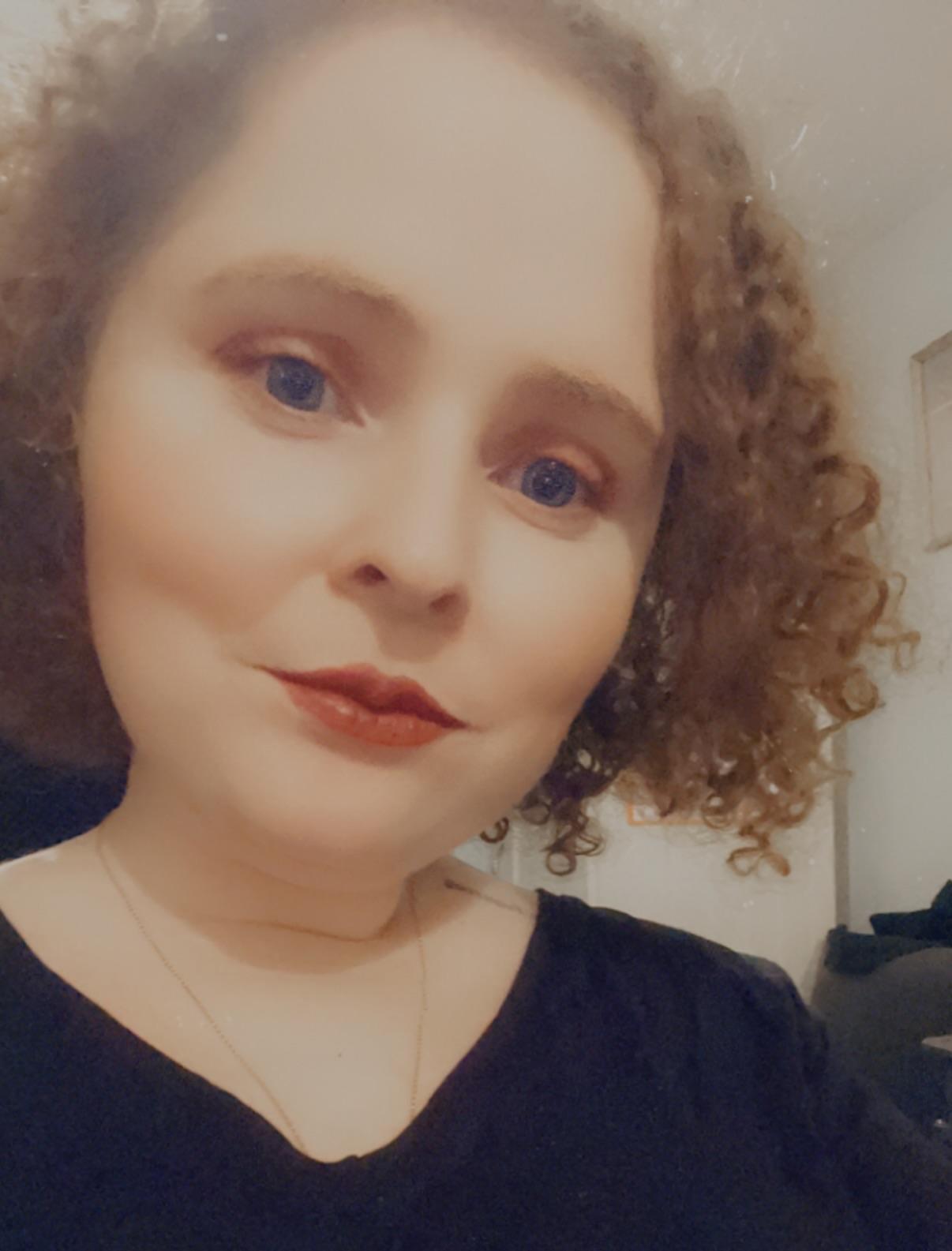If writing is your passion, and you really enjoyed all of the poetry and essays while you were in school, maybe you should consider turning this great hobby into cash.
Many people, regularly write poems and short stories but never do anything with them. Regularly, local, national and international competitions are taking place in which your writing skills could be winning you money or great prizes!
So you think you want to give this competition thing a go?
Then why not read on for some tips and tricks on getting the best out of your work?

Things You Need to Decide Before Plotting Your Story
When you were a child you were always told, a story has 3 things a beginning, a middle and an end, this is still true. However, for competition's sake, two more points have been added.

Once you have decided on a few things such as your:
- Setting:
- Where your story is going to take place (what part of the world? Inside? Outside?
- What time period?
- Dynamic (is your area gangster or maybe it's royal? what about a safari?
- Characters:
- In works of fiction usually, there are two main types of characters:
- Protagonist - Clear centre of the story; all major events are important to this character
- Antagonist - Opposition or "enemy" of the main character.
- Side Characters:
- Usually friends, family, and colleagues of the main characters. You don't want too many of these in a short story as it overcomplicates the story so only add them where necessary, if they will actually influence what happens in the story then you can add them. Never add extra characters just to up your word count it's just messy.
- In works of fiction usually, there are two main types of characters:
- Theme:
- The central message, "moral of the story," and underlying meaning of a fictional piece; may be the author's
thoughts on the topic or view of human nature. - The story's title usually emphasizes what the writer is trying to tell you.
- Various figures of speech (symbolism, allusion, simile, metaphor, hyperbole, or irony) may be utilized to
highlight the theme. - Examples of common themes occurring in the literature include:
- Things are not always as they appear to be.
- Love is blind.
- Believe in yourself.
- Nobody is perfect.
- People are afraid of change.
- Don't judge a book by its cover
- The central message, "moral of the story," and underlying meaning of a fictional piece; may be the author's
Once you're happy with all of the above details you can then move on to plotting your Short Work of Fiction.

Plotting a Short Fictional Story
- Exposition (introduction) - Beginning of the story; characters, background, and setting revealed.
- Rising Action - Events in the story become complicated; the conflict is revealed. These are events between
the introduction and climax.- Conflict - Essential to the plot, opposition ties incidents together and moves the plot. Not merely
limited to arguments, conflict can be any form of struggle the main character faces. Within a short
story, there may be only one central struggle, or there may be many minor obstacles within a
dominant struggle. There are two ~ of conflict: - Internal- Struggle within one's self.
• Character vs. Self - Struggles with own soul, physical limitations, choices, etc. - External - Struggle with a force outside one's self.
• Character vs. Character - Struggles against other people.
• Character vs. Nature - Struggles against animals, weather, environment, etc.
• Character vs. Society - Struggles against ideas, practices, or customs of other
- Conflict - Essential to the plot, opposition ties incidents together and moves the plot. Not merely
- Climax - (THE MIDDLE) The turning point of the story. Readers wonder what will happen next; will the conflict be resolved
or not? Consider the climax as a three-fold phenomenon:
• the Main character receives new information.
• the Main character accepts this information (realizes it but does not necessarily agree with it).
• the Main character acts on this information (makes a choice that will determine whether or not the objective is met). - Falling action - Resolution begins; events and complications start to fall into place. These are the events
between climax and denouement. - Resolution (THE END) - Final outcome of events in the story.
These tips should set you on your way to well structured writing and spark that creativity deep within! You may also enjoy reading about writing for mindfulness and creativity if you enjoyed this.
Summarise with AI:















